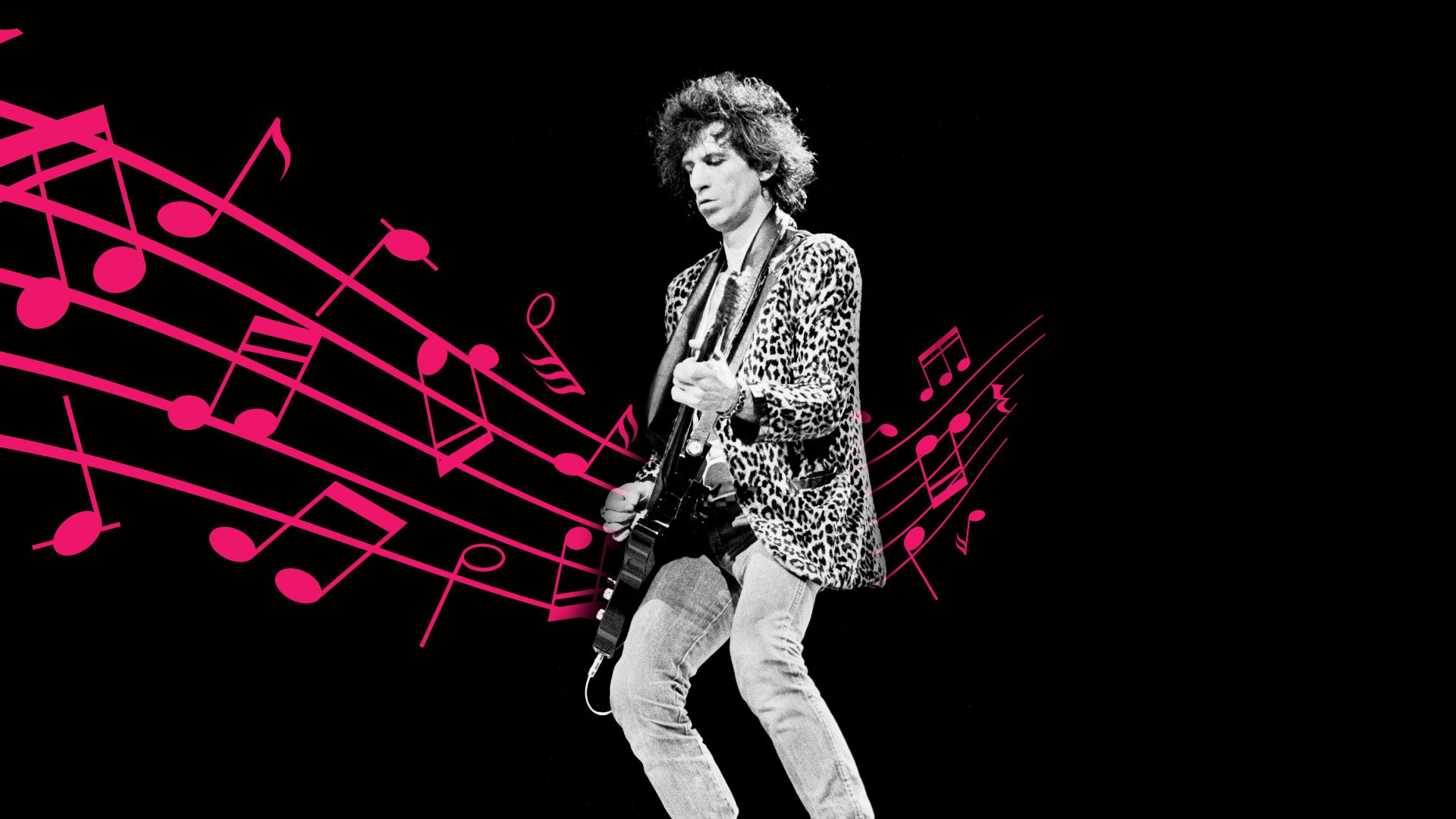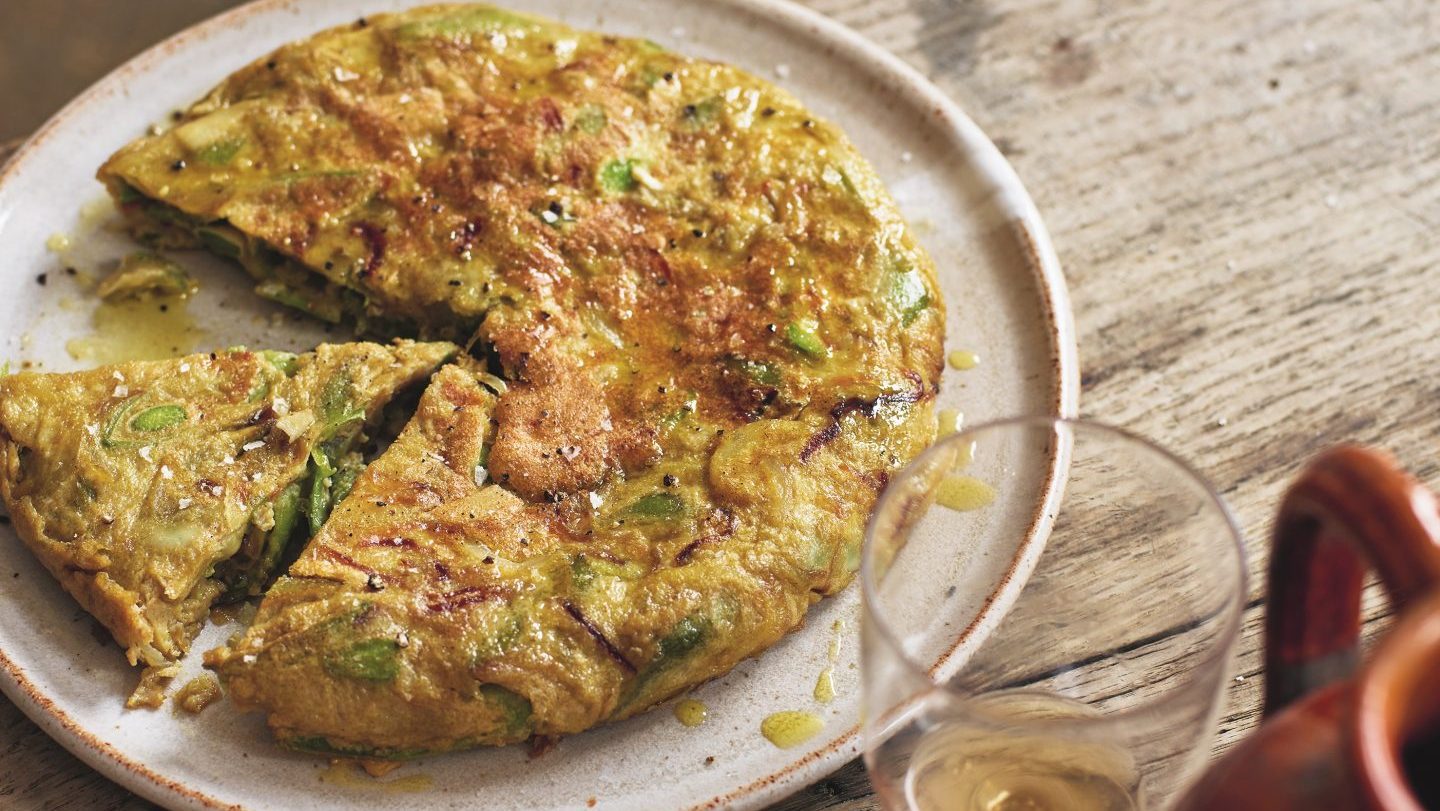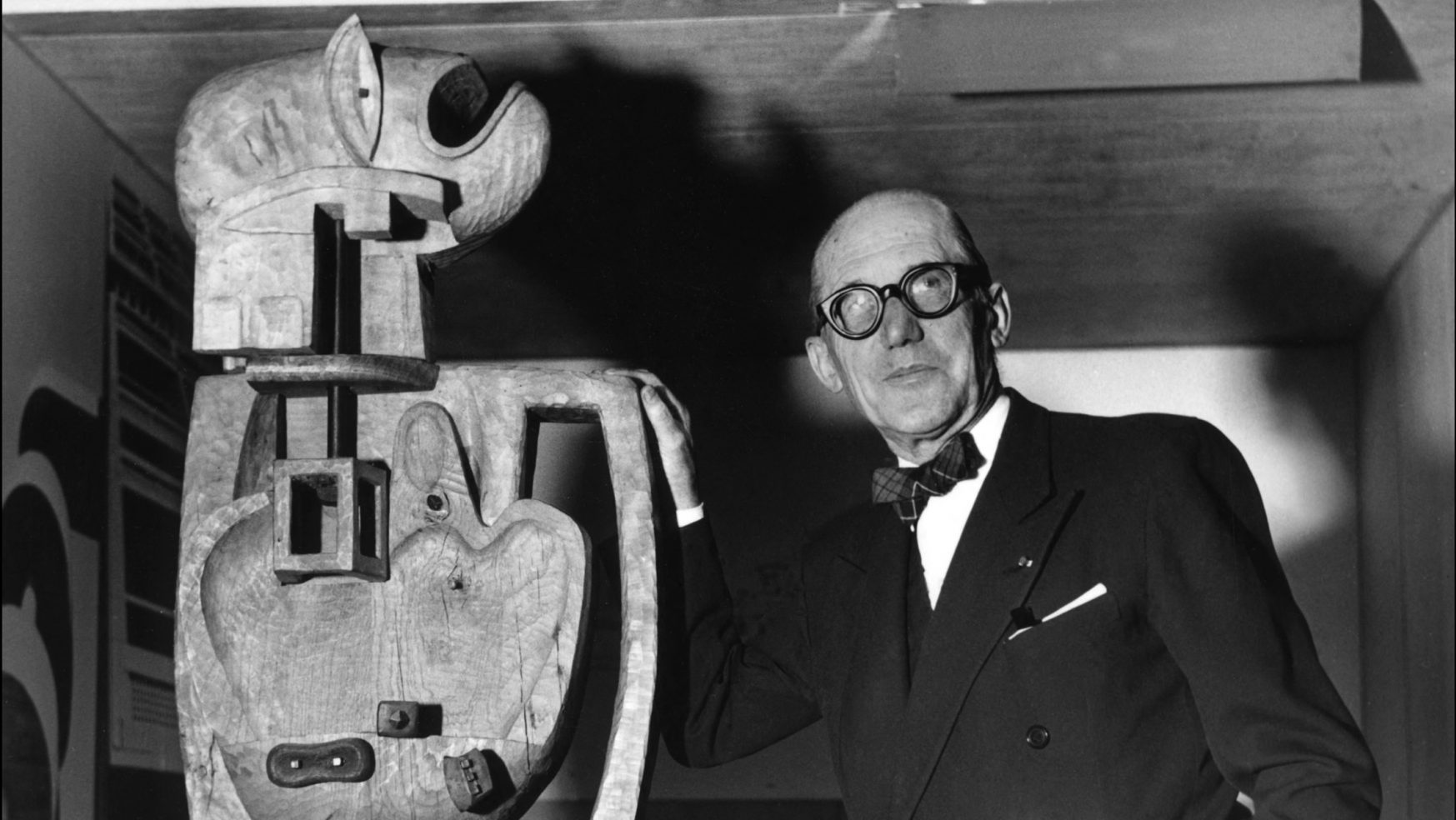Keith Richards, the renowned Rolling Stones guitarist, is credited with saying that “solos come and go, but a riff lasts for ever”.
Riff is a technical musical term, most often used in the context of jazz and popular music, meaning “a short, constantly repeated musical phrase”, often employed as a background to melodic material. My own favourite riff, for what that’s worth, is the guitar riff on the Rolling Stones’ The Last Time, played, as it happens, not by Keith Richards but by Brian Jones.
But what is the origin of the word riff?
There are a number of monosyllabic words in the realm of popular music which etymologists have struggled to source, including gig, jazz, jam, juke,
and jive. Many of these have no known, or at least no securely established, etymology. But some of them have very reasonably been suggested to have their origins in West African languages. One of these is Wolof, a major language spoken in Senegal and neighbouring areas.
West Africa was an area very strongly ravaged by the Atlantic slave trade, and thousands of Wolof speakers certainly arrived, very much against their will, in North America to become forced labour on the plantations. Modern western popular music genres such as jazz, blues, and rock’n’roll are rather obviously the result of a syncretism of western European and West African musical forms. So these etymological suggestions could very well be valid.
Wolof also seems to be the most likely source for the modern English word OK.
The word juke, which is known to at least older generations of British people from juke-box, came from the originally American term juke-house or juke-joint, meaning a roadhouse providing drinks, food, music and dancing, and often also operating as a brothel. It rather clearly came into Southern US American English from Gullah, where the word joog means “wicked, disorderly”.
Gullah or Sea Island Creole is a now endangered creole language which developed out of interaction between English and West African languages. It was traditionally spoken by African-Americans in Atlantic coastal areas of the south-eastern USA stretching from southern North Carolina down to northern Florida, especially on the offshore islands, and with a particular
concentration in South Carolina and Georgia, including the cities of
Charleston and Savannah. The Oxford English Dictionary believes that the
ultimate origin of Gullah joog lies in the Wolof word which they cite as dzug “to live wickedly”.
Prof David Dalby has similarly argued that the word jazz, earlier jass, which has been defeating etymologists ever since it first came to the attention of Europeans in the early 1900s, also has a West African origin. He suggests a source in Mandingo jasi “to behave unusually”. Mandinka, like Wolof, is
spoken in Senegal and neighbouring areas.
Dalby has also argued that jive, which the standard dictionaries all label “etymology unknown”, could be of Wolof origin.
But what about riff, then? Which West African language did the name of
Keith Richards’ favourite musical form originate in? Well, as so often, we are
not totally sure. But it does rather disappointingly seem that the most likely account of where riff came from is the admittedly rather prosaic explanation that it is simply an abbreviated form of the English word refrain “a repeated piece of music”.
JOINT
The originally American usage of the word joint to signify some kind of
meeting place, especially one used for illicit or disreputable purposes,
dates from the 1820s. It appears to come from the notion that a joint is
a location such as a bar or dance hall where people join together socially.




